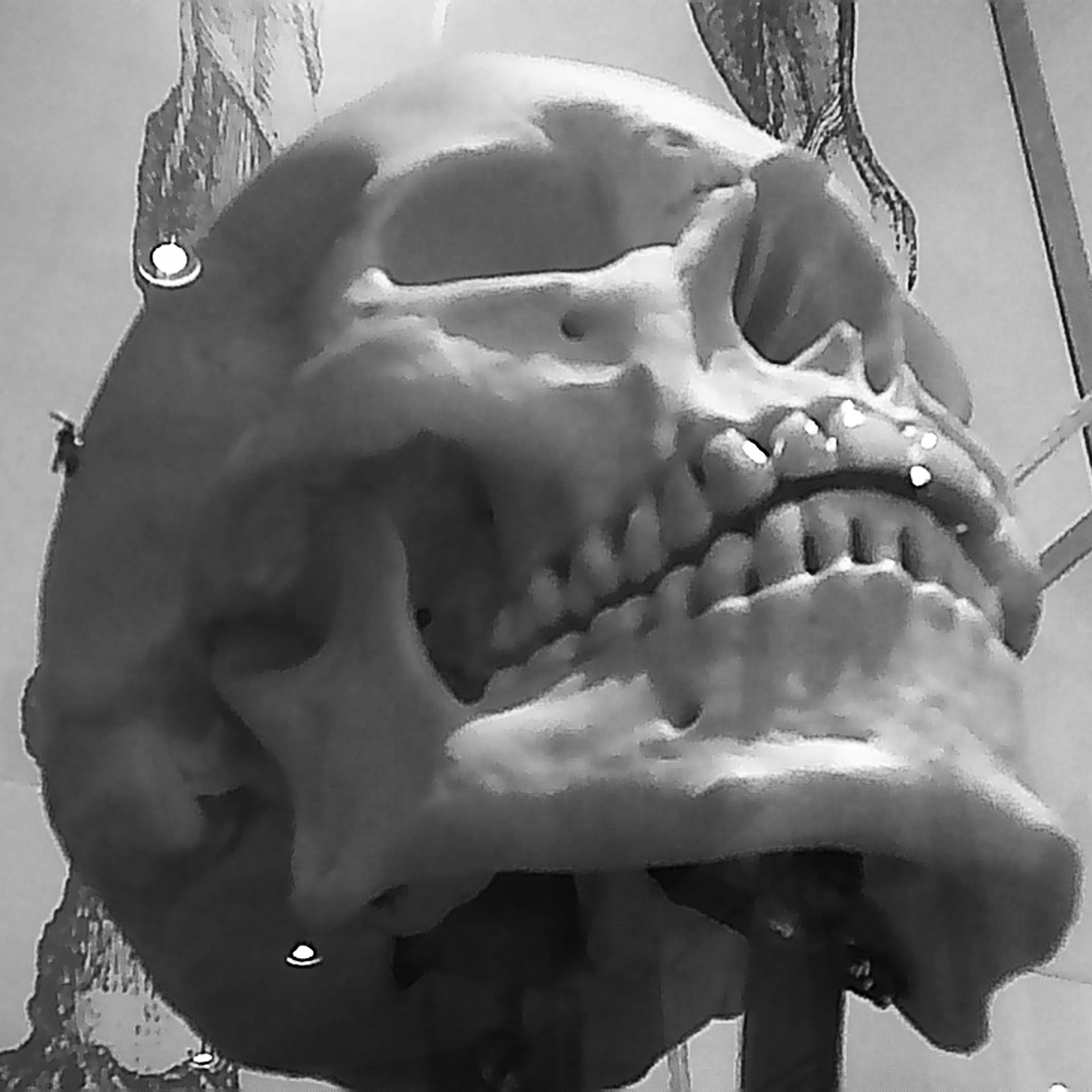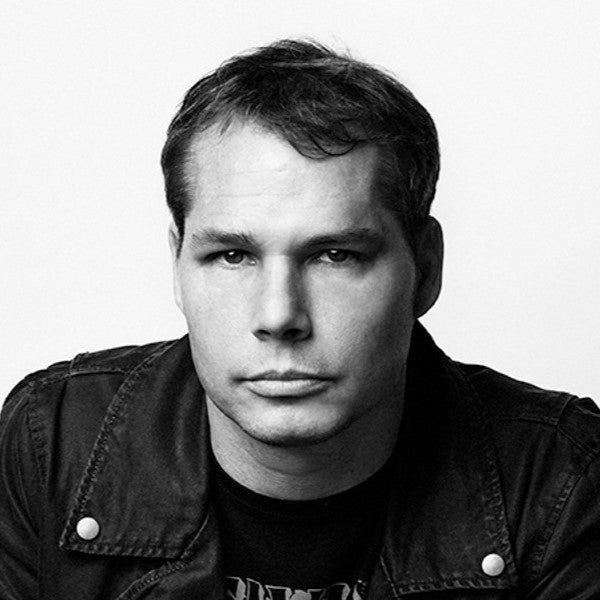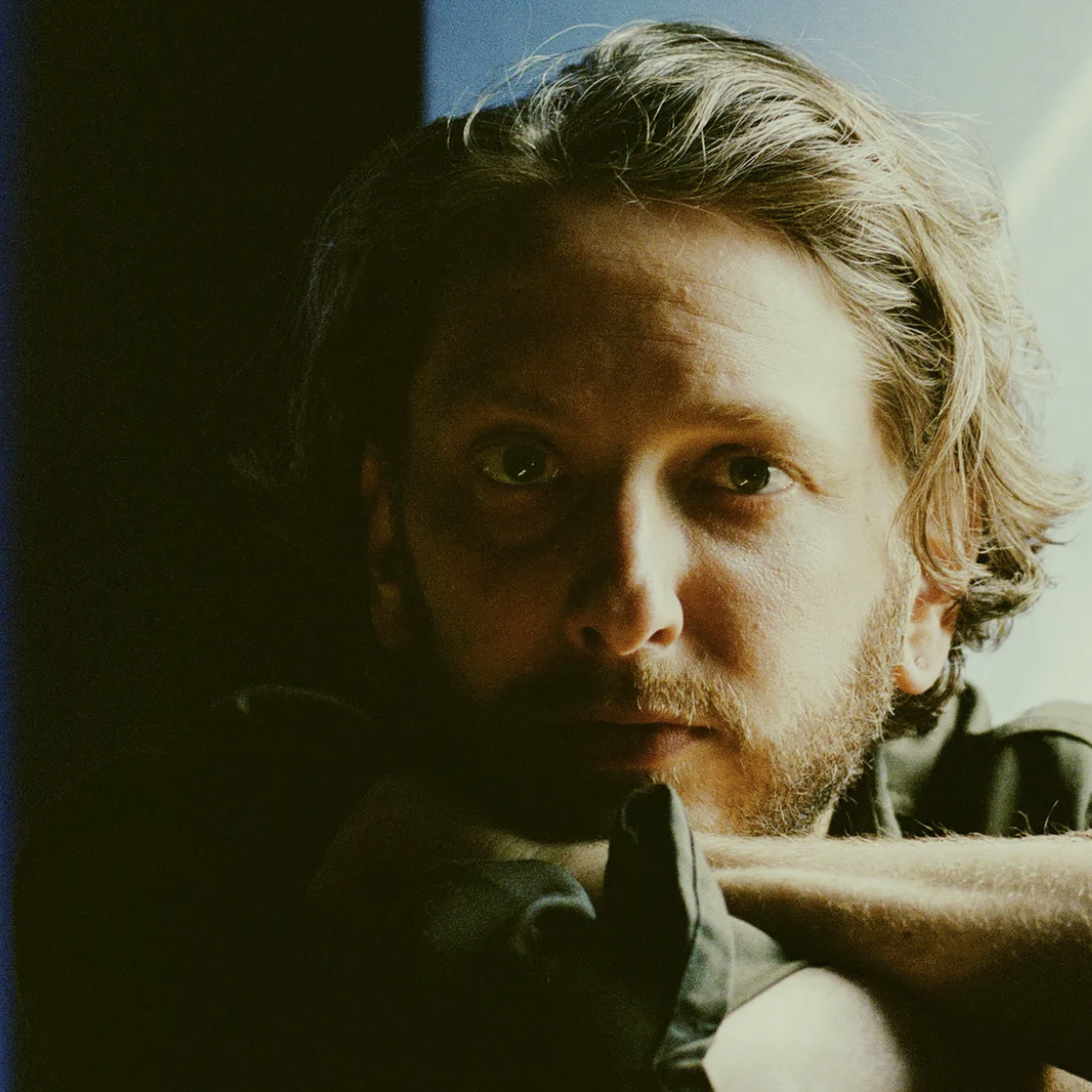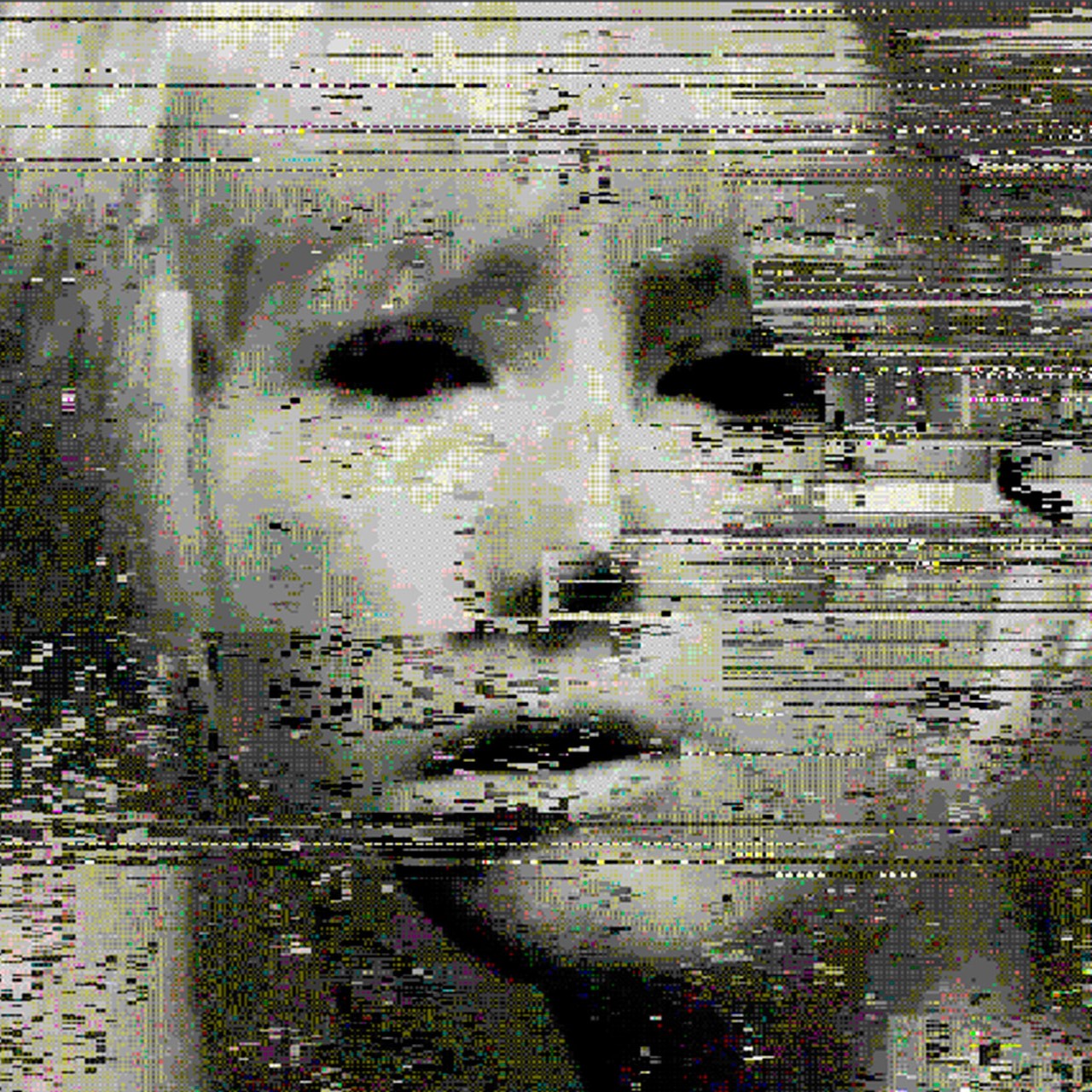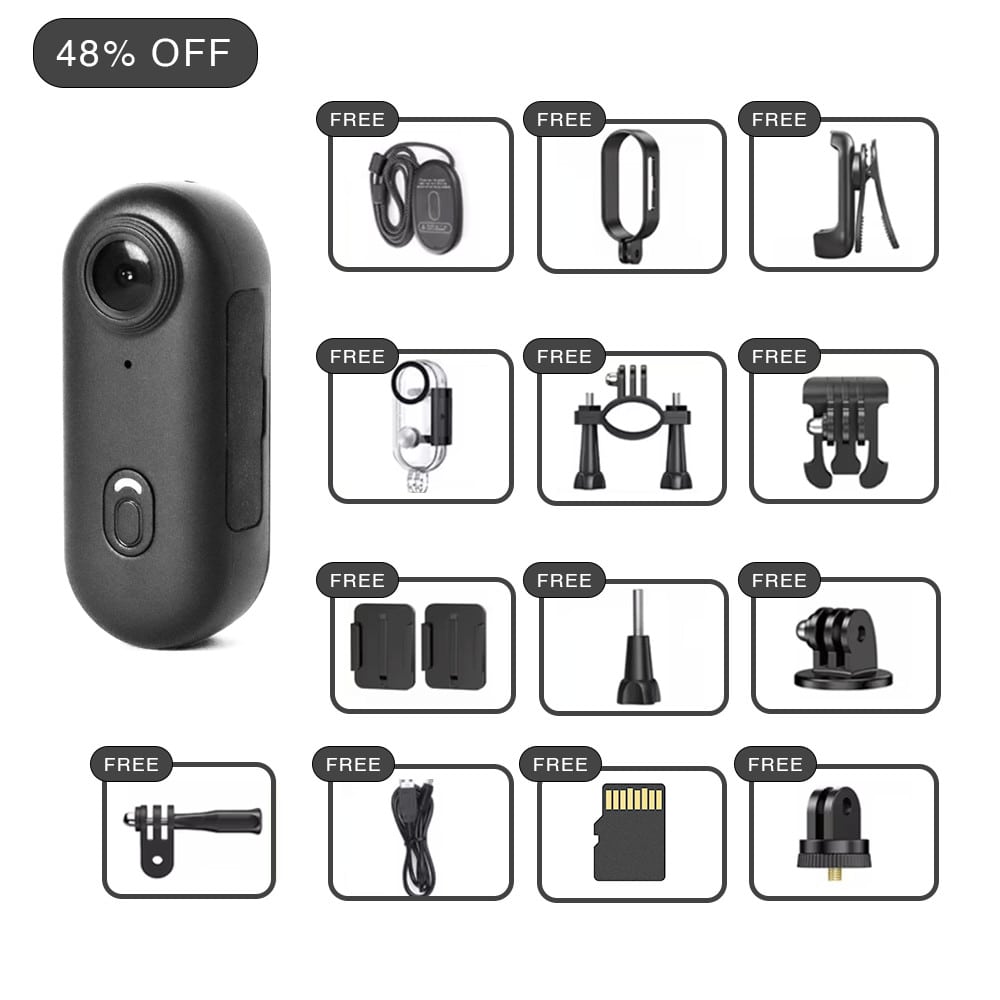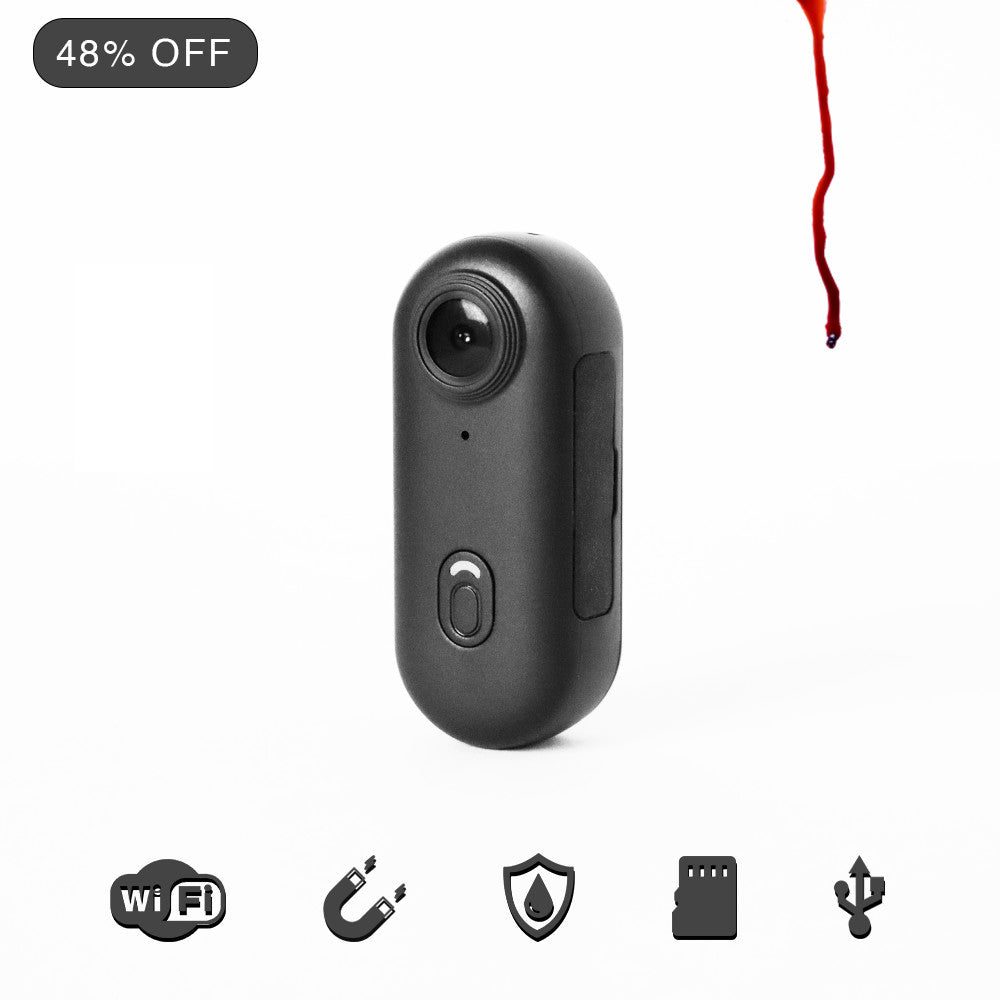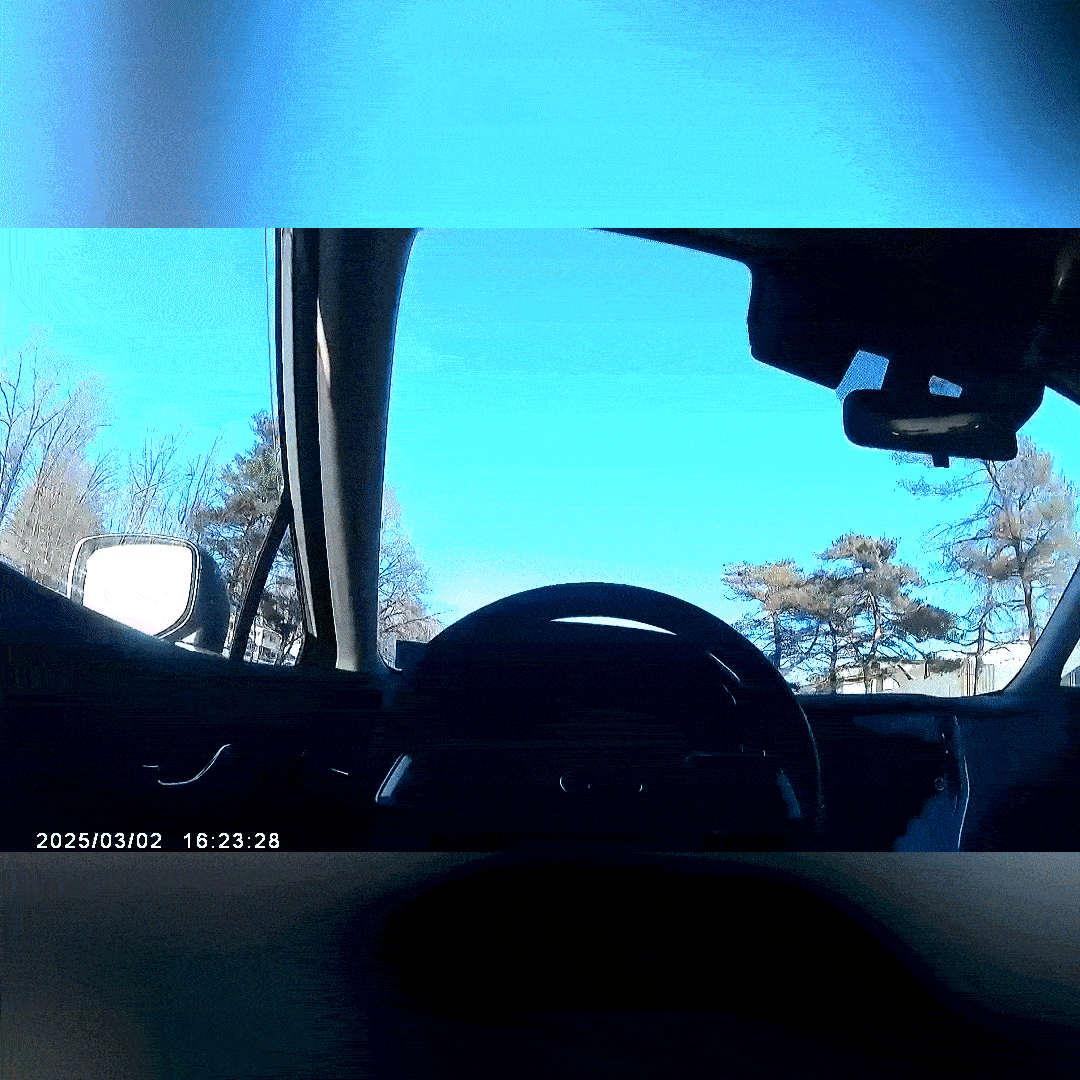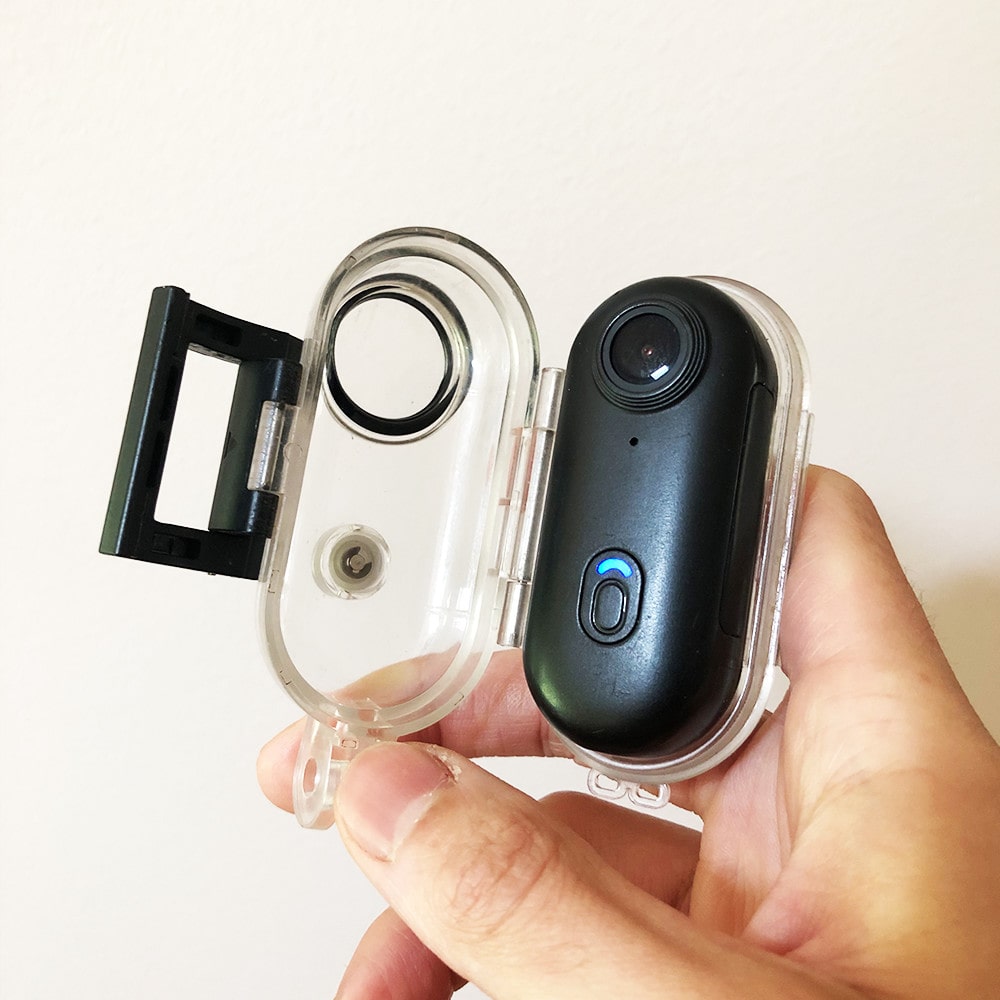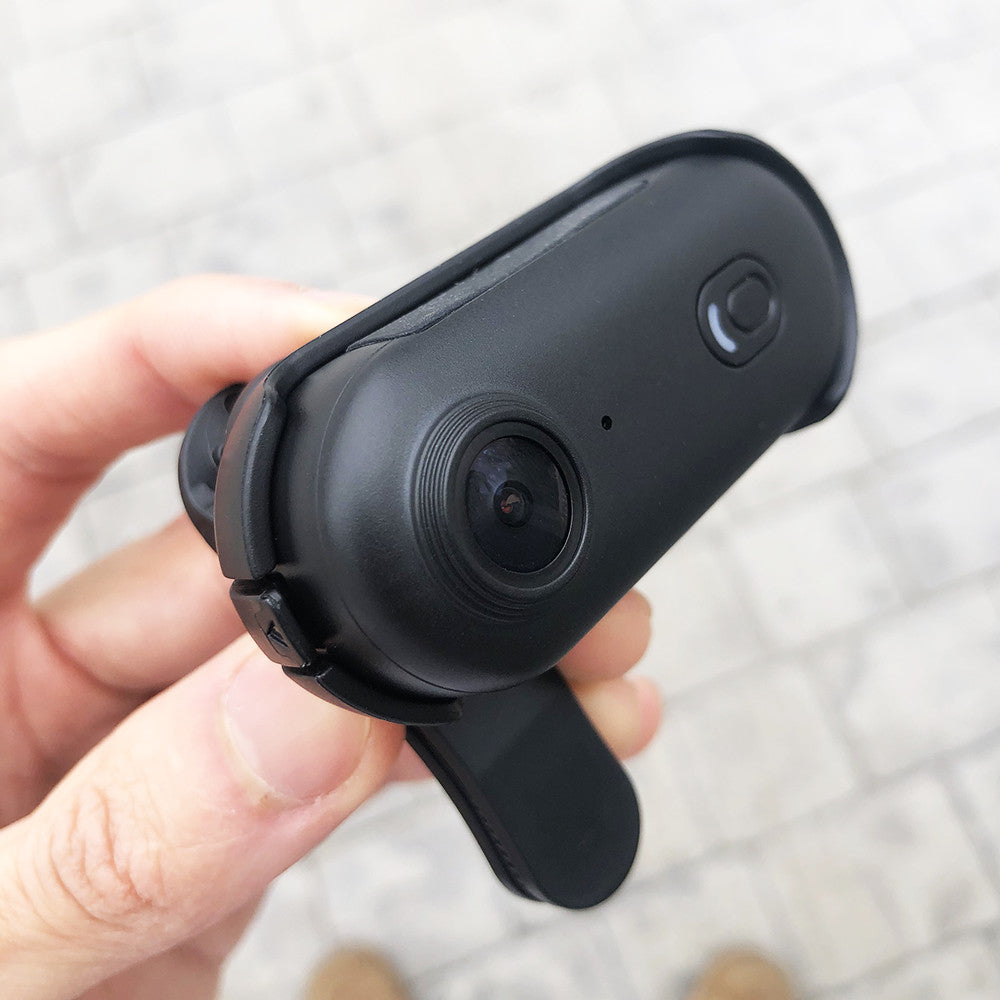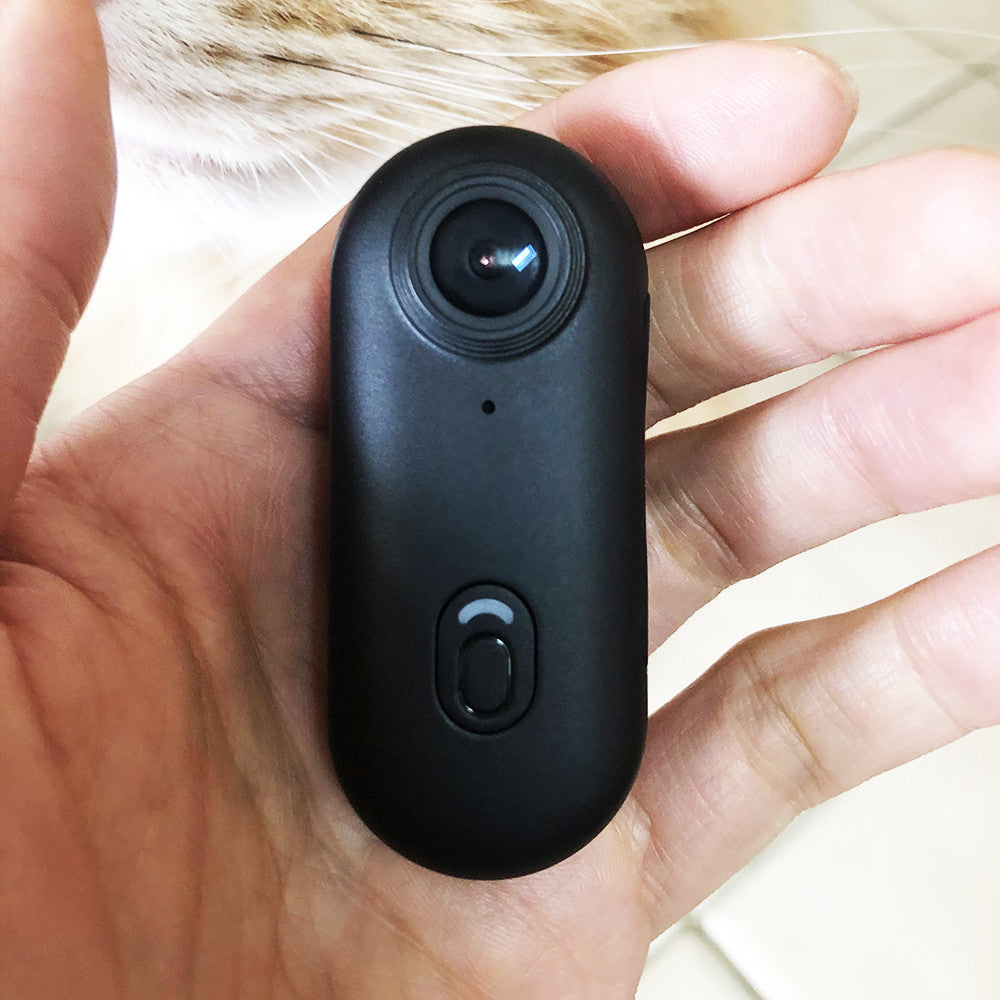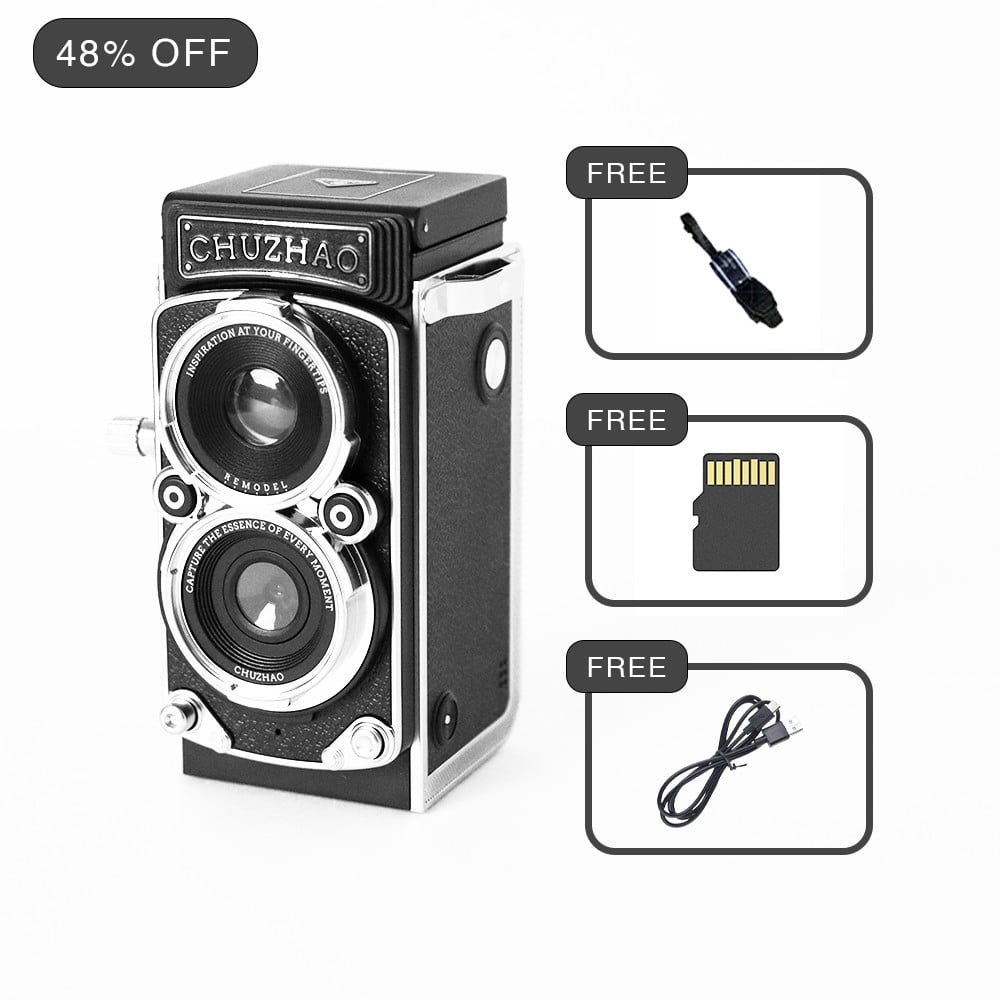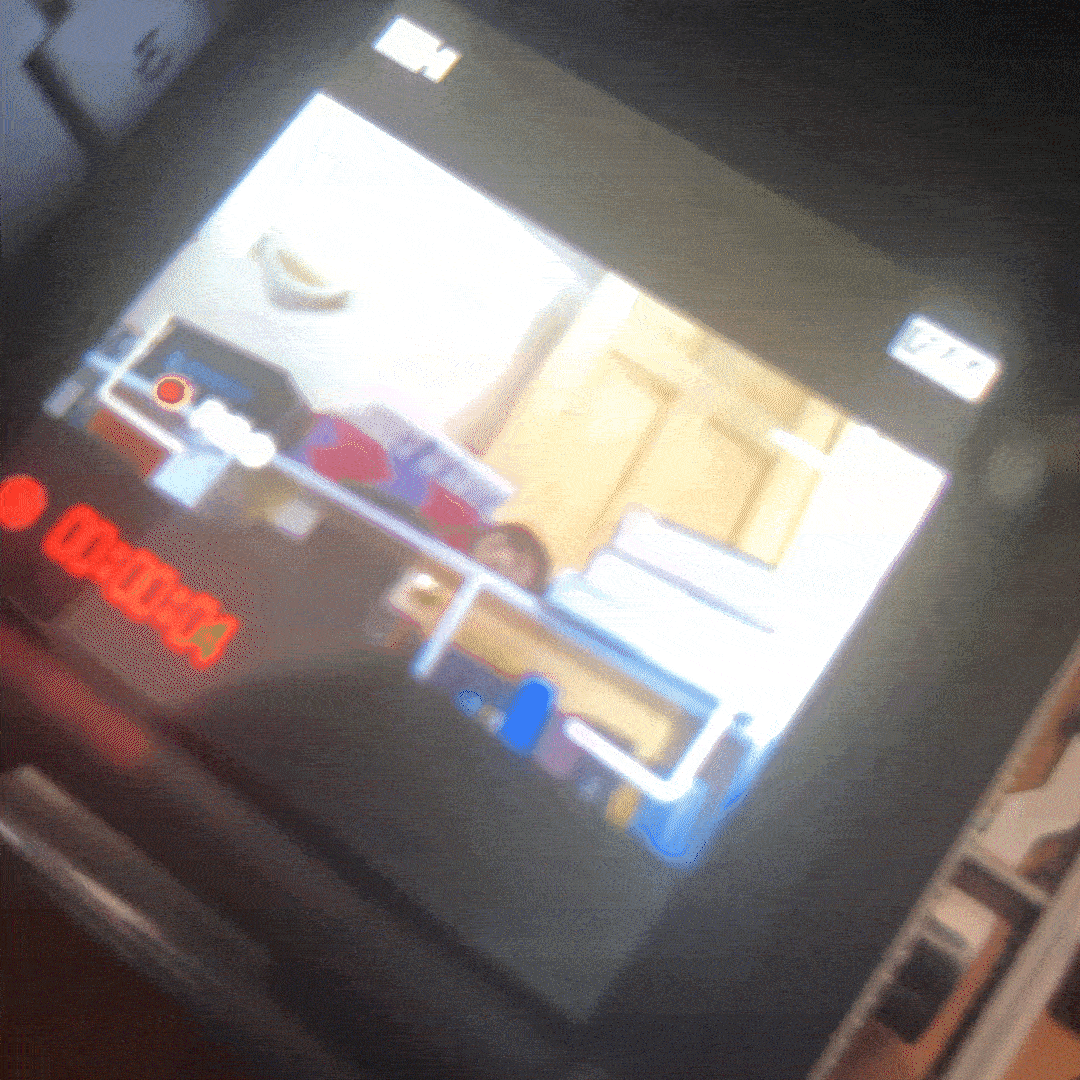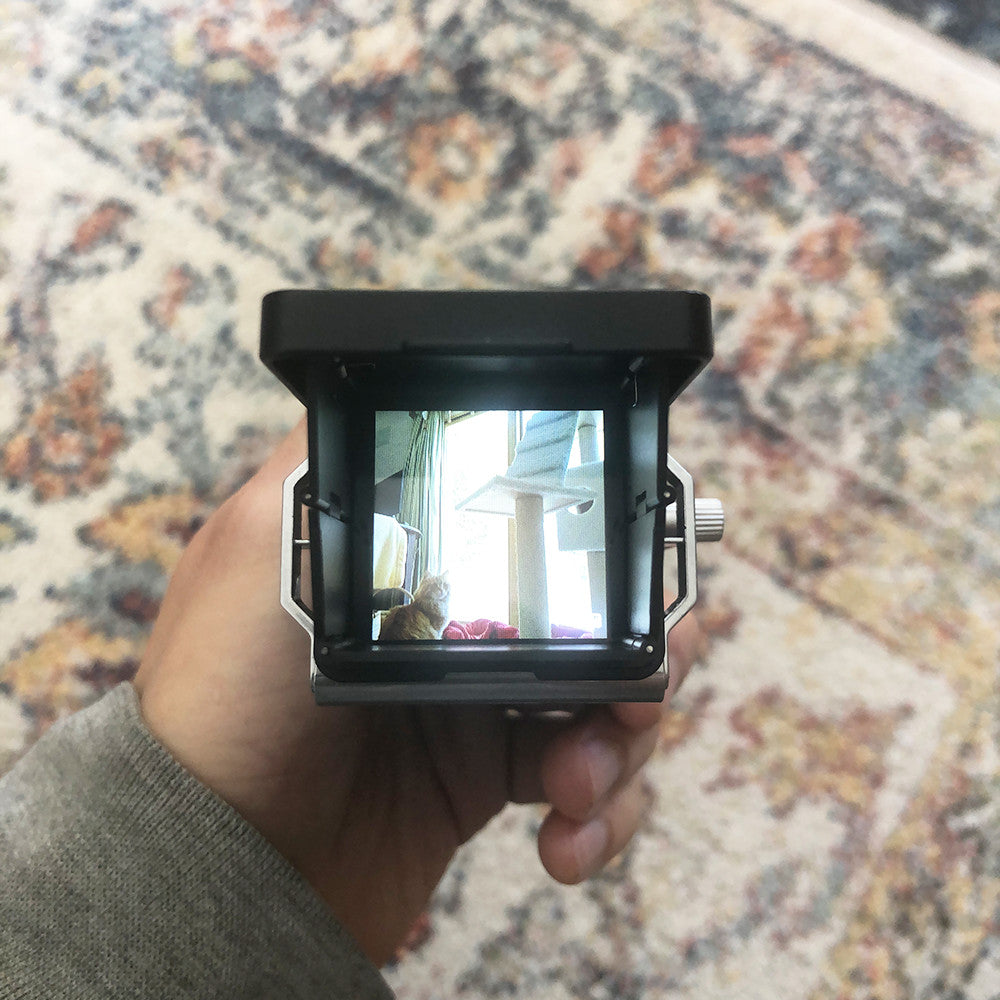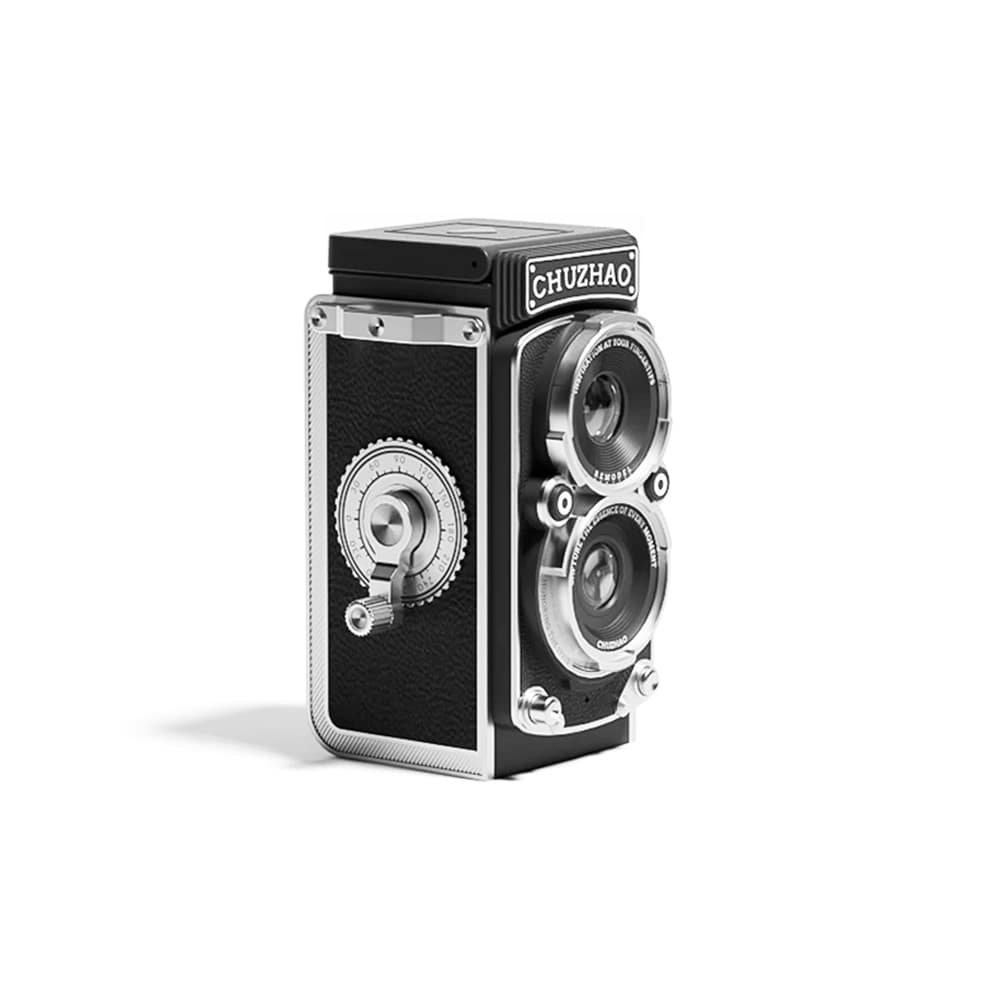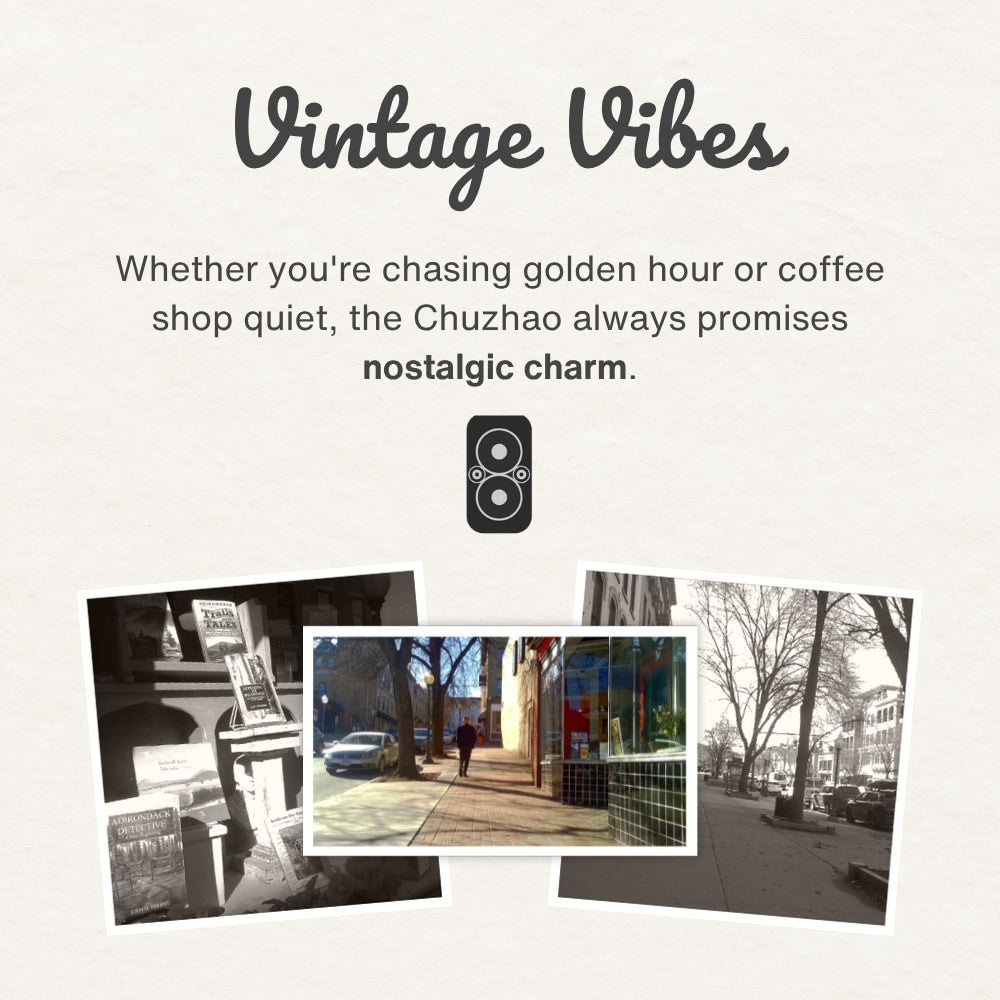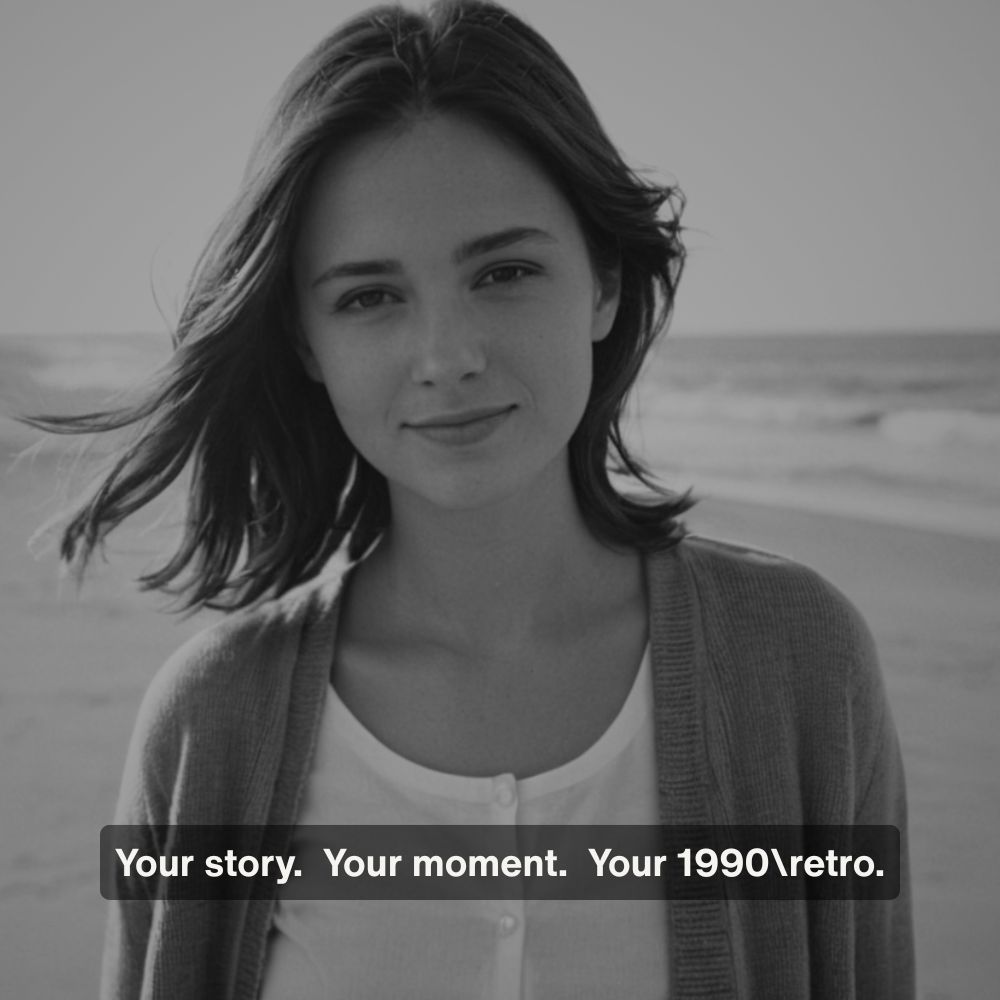Introduction
Even though our conversation took place through a screen, Nina's story resonated deeply. It became clear that photography wasn’t just a passion—it was her way of making sense of the world. After her parents’ divorce, she turned to her camera to express the emotions she couldn’t put into words and to preserve the bond with her younger brother. Through her lens, she captured the raw, unfiltered moments of her life, transforming pain into something meaningful. In this interview, she shares how her art became both her refuge and a way to navigate the complexities of a fractured family.
Background & Personal Story
1990:
Can you tell me a little about yourself? How would you describe your high school experience?
I barely made it through, honestly. School never felt like the right place for me, you know? I always felt out of place, like I was watching life happen instead of actually being in it. The academic part was hard, but more than that, I was just… tired. Tired of trying to fit in, tired of pretending like everything was fine at home.
1990: What was it like for you academically in high school? What challenges did you face, and how did you navigate them?
It felt like I was constantly playing catch-up. My grades were never great, and I just scraped by. After my parents’ divorce, focusing on school became impossible. My mind was always somewhere else—usually on my brother or just the mess at home. I just couldn't concentrate.
1990: How has your relationship with your family changed since your parents’ divorce?
Everything feels... fractured. My mom and dad are like strangers now, and sometimes I feel caught between them. I can sense that they use me and my brother to get back at each other. It sucks, but I’ve had to grow up faster than I wanted.. especially for my brother. He needs someone stable, and I’m trying to be that for him.
1990: How did the divorce impact your day-to-day life? Did it change the way you see relationships or family in general?
It made me not trust relationships as much. Watching my parents fall apart, it’s hard to believe in the “forever” that so many people talk about. Family feels fragile now, like it could break at any moment. I’ve had to learn to rely more on myself.
1990: How do you feel the divorce has affected your brother, and how have you tried to support him through it?
It’s been really hard on him. He’s only in grade school, and I can tell he doesn’t fully understand what’s happening. He acts out sometimes, like he’s angry but doesn’t know why. I try to be there for him, talk to him, and just make sure he knows he’s not alone.
Photography as an Emotional Outlet
1990: When did you first start using photography as a creative outlet? What initially drew you to it?
It started when my parents began fighting all the time. I’d go out wherever and just wander, and I then I kind of just started take pictures. To escape, I guess. Photography made me feel like I had influence(?) over something—like I could frame the world in a way that made sense to me.
1990: Do you remember the first time you picked up a camera and took a meaningful photo? What was that experience like?
It was a picture of my brother on a swing. He was smiling, but his eyes looked so sad, like he knew something was wrong. That photo meant a lot to me because it was the first time I saw how much the divorce was affecting him too.
1990: How has photography helped you process your emotions, especially with the changes in your family?
It’s like therapy in a way. When I feel overwhelmed, I grab my camera and go somewhere quiet. I focus on the details, the little things I can capture. It definitely helped me slow down and breathe.
1990: Are there particular subjects or themes in your photography that you find yourself returning to again and again? Why do you think that is?
I photograph a lot of quiet, empty spaces—places that feel abandoned or forgotten. I think I’m drawn to them because that’s how I’ve felt since my family broke apart. I take pictures of the sky a lot...sometimes I wish I was a bird and just fly.
Bond with Younger Brother
1990: How has your relationship with your younger brother evolved since your parents separated?
We’ve gotten closer in a way, but it’s also made me feel more responsible for him. He looks up to me, and I’m trying to be the one constant in his life. It’s hard though because I’m still figuring out my own crap.
1990: Do you ever use photography as a way to connect with your brother? How does he react to your photography?
Yeah, sometimes I let him take pictures with me, and he loves it. He thinks it’s cool that I can freeze moments in time. I think he likes that we have something that’s just ours, something outside of everything else going on.
1990: Are there any particular moments or activities that you and your brother enjoy together, especially when things feel overwhelming?
We play video games a lot. It’s one of the few times we can both zone out and forget about everything. Sometimes we just walk around the neighborhood, and I take photos while he talks. It’s our way of keeping things normal.
1990: Do you ever take photos of or with your brother? If so, how do these moments capture your relationship?
He’s in sooooo many photos. It’s like I’m documenting his childhood, and at the same time, trying to hold on to a piece of him. When I look at those photos, I see how much he’s grown and how much I want to protect him. I don't think I'm ready to share any though. Looking at them makes me cry.. I can't help it.
1990: How do you try to protect or comfort your brother when he’s feeling the weight of your parents’ divorce?
I listen to him. He’s young, but he’s smart af. I try not to make him feel like he has to hide how he’s feeling. I tell him it’s okay to be sad or mad. I’m still figuring out how to protect him, but I’m always there for him.
Photography Process & Inspiration
1990: How do you approach your photography? Do you plan your shots or prefer spontaneous moments?
I’m more of a spontaneous photographer. I don’t like to plan too much, and capturing those unforeseen moments feel more real to me. Sometimes I’ll just walk with my camera and wait for something to jump out.
1990: Do you use any specific techniques, filters, or tools in your photography to convey certain emotions?
I love black and white!! I play around with lighting a lot, and I'm fascinated with how shadows can make a photo feel heavier or how light can soften things up. I don’t use many filters though—just contrast and brightness adjustments.
1990: What role does light and shadow play in your work? Do you find yourself experimenting with different times of day or natural lighting?
Light and shadow are everything. I’m obsessed with how light hits certain places or people, like how the sun sets on my brother’s face or how shadows stretch in an empty room. It’s like playing with emotion through light.
1990: How does your mood affect your photography? Do you see a difference in your work when you're feeling certain emotions like sadness or joy?
For suree. When I’m sad, my photos are darker and more muted. When I’m feeling hopeful, there’s more vibrancy. My emotions shape the way I see the
world, and that’s reflected in my work. I'm proud of that.
1990: What inspires your photography? Do you find inspiration in your surroundings, emotions, or people in your life?
My emotions and my family are the biggest inspirations. I also find a lot of beauty in the subtle moments that are always overlooked, like my brother playing with his toys or sunlight streaming through a window. I never have to look too hard to find something worth shooting.
Artistic Growth & Future
1990: How do you think your photography has grown or changed since you first started using it as a way to cope?
It was just an escape at first. Now, it feels more like a way to understand myself. My photos are more thoughtful now. They tell a story - not just about what’s happening around me, but about how I’m changing inside.
1990: Where do you see your photography going in the future? Do you have any specific goals or dreams for your art?
I’d love to do something with my photography professionally, maybe tell stories through photo essays or work on projects that highlight real emotions and relationships. I want to keep growing and just see where it takes me.
1990: Has anyone—like a teacher, mentor, or friend—supported or influenced your photography journey?
There was a teacher in high school, Mrs. G, who noticed I was always taking photos. She encouraged me to keep going, even when I wasn’t sure about anything. I don’t think I’d still be doing this if she hadn’t pushed me to believe in my work.
1990: Do you think photography will always be part of your life? Why or why not?
I think so. It’s become such a huge part of how I understand and express myself. I can’t imagine not having it in my life...it’s like a way of seeing the world that I never want to lose.
1990: How do you balance the emotional side of photography with the technical side? Do you ever feel overwhelmed by one or the other?
Sometimes I get caught up in trying to make everything technically perfect, but then I remember that the emotion is what matters most to me. When I get too focused on the technical stuff, I try and back off and remind myself why I'm really doing this.
Emotional and Mental Health
1990: Has photography helped you gain insight into your own feelings or made you more aware of your emotions?
Oh definitely. When I look back at certain photos, I can see how I was feeling at the time, even if I wasn’t fully aware of it in the moment. It’s like my camera captures what’s inside me, sometimes better than I can explain with words.
1990: When you're having a hard time, do you ever look back at your old photos to reflect on how far you've come emotionally?
Yea, I do. Some of the photos from a few years ago feel really heavy, but looking at them reminds me of how much I’ve grown. It’s like a visual diary of my emotional journey.
1990: Do you ever feel like your photography helps others understand what you're going through without needing to use words?
I think so. Sometimes people look at my photos and say they feel something—like sadness or hope. That’s how I know my work is resonating with others, even if I can’t always explain what I’m feeling out loud.
1990: What advice would you give to someone going through a similar family situation who is looking for an emotional outlet, whether through art or something else?
Find something that helps you express yourself.. it doesn't matter what it is, as long as you can be yourself. And it’s okay not to have the words. Just create, and let that be your voice when speaking feels too hard.
1990: How do you take care of your mental health outside of photography? Do you have other outlets or coping mechanisms?
I try to stay active—whether it’s going for walks or just getting outside. I do a little creative writing, but nothing I'm proud enough to share rn.
Personal Identity & Artistic Voice
1990: Do you feel like photography helps you express parts of yourself that are difficult to put into words?
Absolutely! There are feelings I can’t even begin to explain to people, but when I take a photo, it's like - yup that's it. It’s like I’m showing people a part of me they wouldn’t see otherwise.
1990: How would you describe your artistic voice or style in photography? Do you feel like it reflects who you are?
I’d say my style is raw and emotional. It’s not perfect, and neither am I. My work reflects the messiness of life...it’s a reflection of me, for sure.
1990: Are there any particular photographers, artists, or movements that influence your work or inspire you?
Mike Brodie and his trainhopper shots. His photos capture real, raw emotions, and that’s what I strive for in my own work. I get chills whenever I flip though the pages of his stuff. I can hear the clinking and clanking of the freight cars...
1990: What role do emotions like melancholia, nostalgia, or joy play in your photography? Do you intentionally try to convey certain feelings?
Melancholia and nostalgia play big parts of my work. I don’t always set out to capture those emotions, but they come through naturally because of everything I’ve been through. There’s always joy, too - especially when I’m photographing my brother.
1990: If someone looked at a collection of your photos, what do you hope they would understand about you?
I hope they’d see that I’m someone who feels deeply. My photos are a window into my heart, and I want people to understand that even in the sadness, there's strength and resilience.
Coping with Change & Uncertainty
1990: Have you ever used photography during particularly difficult moments, like arguments with family or feelings of loneliness?
Yes, definitely. After arguments, I’d go for a walk with my camera. It helped me process the anger and frustration without blowing up at anyone. Photography became my way of coping with the loneliness too. I never had many friends, and I think it's because I'm such an introvert, or INTJ, whatever you wanna call it.













